If you’re a dog owner who loves to share healthy foods with your furry friend, you might be wondering, Can dogs eat bok choy? It’s a popular leafy green packed with nutrients, making it a go-to choice in many human diets. But when it comes to feeding your dog, not all veggies are safe or beneficial. So, is bok choy one of those veggies you can safely add to your dog’s bowl?
In this article, we’ll explore everything you need to know about feeding bok choy to your dog. We’ll break down its nutritional benefits, potential risks, and how to prepare it safely. Plus, we’ll cover whether it’s a good choice for all dogs, or if there are certain things you need to watch out for. After all, your dog’s health and happiness are your top priority, so making informed food choices is key.
Whether you’re looking to spice up your dog’s diet or just curious about bok choy, keep reading to discover if it’s a healthy addition to your dog’s meals!
What Is Bok Choy?
Bok choy—also called pak choi or Chinese cabbage—is a crunchy, leafy green that’s part of the mustard family (think broccoli, kale, and cabbage). It’s been grown in China since the 5th century and is now a favorite in many Asian dishes.
You’ll notice its bright white stems and deep green leaves. Both parts are tasty and healthy! Raw, it has a crisp, refreshing crunch with a hint of peppery flavor.
Can Dogs Eat Bok Choy? The Facts
You may be wondering, Can dogs eat bok choy? The good news is, yes! Bok choy can be a healthy snack for your dog when served in moderation. Let’s dive into what makes this leafy green a good option, as well as what to watch out for.

Safety Overview
Bok choy is safe for most dogs. It’s low in calories and packed with vitamins and minerals that can boost your dog’s health. However, like any food, it’s important to feed it in the right way. Too much of anything can cause issues, and bok choy is no exception.
Nutritional Benefits
Bok choy is a nutritional powerhouse for your pup. It’s full of vitamins and minerals, including:
- Vitamin A: Helps keep your dog’s eyes healthy and supports their immune system.
- Vitamin C: Boosts their overall health with its antioxidant properties.
- Vitamin K: Supports strong bones and proper blood clotting.
- Calcium: Great for your dog’s bones and teeth.
- Iron: Helps with energy and healthy blood flow.
All these nutrients help keep your dog healthy, strong, and full of energy.
Potential Risks
While bok choy is generally safe, it’s important to be aware of a few things:
- Digestive Upset: Bok choy is high in fiber, which can cause bloating or gas in some dogs, especially if they’re not used to high-fiber foods. Start with small amounts to see how your dog reacts.
- Choking Hazard: The stalks of bok choy can be tough for dogs to chew and could pose a choking risk. Always chop it into small, manageable pieces.
- Thyroid Concerns: Bok choy is a member of the cruciferous vegetable family, which means it contains compounds that can affect thyroid function if eaten in large amounts. Keep portions small and occasional.
Bok choy can be a great healthy snack for your dog, but moderation is key. If you’re unsure whether it’s right for your dog, talk to your vet. They can give you personalized advice based on your dog’s health and diet. With the right preparation, bok choy can be a tasty and nutritious treat for your furry friend!
How to Safely Feed Bok Choy to Your Dog
Bok choy can be a great addition to your dog’s diet when served properly. Here’s how to safely prepare, serve, and enjoy this healthy veggie with your furry friend.
Preparation Tips
- Wash Well: Always rinse bok choy under cold water to remove any dirt or chemicals.
- Cut Off the Stalks: The stems can be tough and hard for dogs to digest. Stick to the leafy green parts.
- Chop Into Small Pieces: To avoid any choking risks, cut the bok choy into small, bite-sized pieces.
- Serve It Raw or Cooked: You can offer bok choy raw or lightly steamed. Just avoid adding any seasonings or oils.
Serving Suggestions
- Start Small: Begin with just a small amount to see how your dog reacts.
- Watch for Any Reactions: After serving, keep an eye out for any signs of upset stomach, like vomiting or diarrhea. If this happens, stop feeding bok choy and consult your vet.
- Portion Size: A small dog should get around 1 teaspoon of chopped bok choy, while larger dogs can handle 1–2 tablespoons.
Frequency
- Feed in Moderation: Bok choy should only be an occasional treat, not a regular part of your dog’s meals.
- Stick to 10% Rule: Treats should make up no more than 10% of your dog’s daily calories, so make sure bok choy fits into that balance.
By following these simple steps, you can safely add bok choy to your dog’s diet, providing a healthy and crunchy treat. Always talk to your vet before introducing new foods to ensure they’re right for your pet.
When to Avoid Feeding Bok Choy to Your Dog
Bok choy is a healthy treat for many dogs, but there are times when it might not be a good choice. Here’s when you should avoid feeding it to your dog.
Health Conditions & Sensitive Breeds
- Thyroid Issues: Bok choy is part of the cruciferous vegetable family, which can affect thyroid function if eaten in large amounts. If your dog has thyroid problems, it’s a good idea to check with your vet before giving them bok choy.
- Food Allergies: Some dogs might be allergic to bok choy or other vegetables in the same family. If your dog has food allergies, introduce bok choy carefully and watch for any signs of an allergic reaction.
- Sensitive Stomachs: Dogs with sensitive stomachs or digestive issues may struggle with the high fiber in bok choy. If your dog has a history of stomach problems, it’s best to consult your vet first.
Signs of Adverse Reactions
Watch for these signs if you’ve fed your dog bok choy:
- Upset Stomach: If your dog has diarrhea, vomiting, or bloating after eating bok choy, it may be too much for their digestive system.
- Allergic Reactions: Symptoms like itching, swelling, or hives could be a sign of an allergy. If this happens, stop feeding bok choy immediately and consult your vet.
- Choking Hazard: Bok choy’s fibrous stalks can be a choking risk, especially for smaller dogs. Always cut it into small, manageable pieces to avoid this.
Bok choy can be a healthy snack for your dog, but it’s important to consider their health first. Always monitor your dog for any signs of discomfort and speak with your vet if you’re unsure. By keeping these simple tips in mind, you can safely share this veggie with your dog!
Alternative Vegetables Safe for Dogs
If you’re looking for some dog-friendly veggies to add to your pup’s diet, you’re in luck! Many vegetables are not only safe for dogs but can also provide health benefits. Here’s a list of some great alternatives to bok choy and how they compare.
1. Carrots
Why They’re Great: Carrots are low in calories and high in fiber, which makes them great for digestion. They’re also packed with beta-carotene, which helps support your dog’s vision. Plus, the crunchiness is great for their teeth!
How They Compare to Bok Choy: While bok choy is full of vitamins and minerals, carrots are richer in beta-carotene and provide a sweet taste that many dogs love. They’re also a better option for promoting dental health.
2. Green Beans
Why They’re Great: Green beans are low in calories and high in fiber, making them a filling and healthy snack. They also provide important vitamins like A, B6, C, and K, which all support your dog’s overall health.
How They Compare to Bok Choy: Green beans provide more fiber, which can help your dog feel full longer. They also contain more vitamins like C and K, which are great for immunity and bone health.
3. Sweet Potatoes
Why They’re Great: Sweet potatoes are packed with fiber and are a great source of vitamins A and C. They help with digestion, boost the immune system, and keep your dog’s coat healthy. Their natural sweetness makes them a favorite for many dogs!
How They Compare to Bok Choy: Sweet potatoes are higher in calories and carbs, making them a good option for active dogs who need extra energy. They also contain more vitamin A, which is great for eye health.
4. Zucchini
Why They’re Great: Zucchini is low in calories and high in water, which makes it a hydrating snack. It’s also packed with vitamins A, C, and B6, along with minerals like potassium.
How They Compare to Bok Choy: Zucchini has a more hydrating effect and is lower in fiber than bok choy, which might be easier for some dogs to digest. It’s also rich in vitamins that help maintain healthy skin and coat.
Tip: Adding a variety of veggies to your dog’s diet can keep their meals exciting and healthy. Each vegetable offers different nutrients that can support your dog’s health in various ways. Always consult with your vet before introducing new foods, especially if your dog has health concerns or dietary restrictions.
Expert Opinions and Research
Bok choy can be a healthy treat for dogs, but it’s always best to consider expert advice when introducing new foods into your pet’s diet. Here’s what veterinarians and scientific research have to say.
Veterinarian Insights
Veterinarians generally agree that bok choy can be a nutritious snack for dogs. Dr. Drew, a pet nutrition specialist, mentions that while bok choy is safe in small amounts, it can cause gas or digestive upset due to its fiber content. He recommends introducing bok choy slowly into your dog’s diet and watching for any signs of discomfort like bloating or diarrhea. Additionally, cooking bok choy can make it easier for dogs to digest.
A veterinarian at Vetnoms also shares similar advice, highlighting that bok choy is rich in vitamins and minerals but should be steamed to improve digestibility. Always serve it plain, without added seasonings, oils, or spices, as these can upset your dog’s stomach.
Scientific Research
A study on homemade dog food diets, including vegetables like bok choy, found that these veggies can provide essential nutrients and support overall health. Bok choy’s vitamins A, C, and K help with immunity, vision, and bone health, making it a great choice in moderation.
Quick Reference Table
| Vitamin A | X µg | Supports vision and immunity |
| Vitamin C | X mg | Antioxidant properties |
| Calcium | X mg | Bone health |
| Fiber | X g | Digestive health |
Conclusion
Bok choy can be a healthy treat for your dog when fed in moderation and prepared properly. It’s packed with vitamins like A, C, and K, and minerals such as calcium and potassium, all of which can support your dog’s health. However, there are a few things to keep in mind to ensure it’s safe and beneficial for your pup.
Key Takeaways:
- Moderation is Key: Always serve bok choy in small amounts. Too much can lead to digestive issues like gas or diarrhea.
- Preparation Matters: Make sure to wash the bok choy thoroughly and remove the tough white stalks. Chop it into small, manageable pieces to prevent choking.
- No Seasonings: Never add garlic, onions, or salt, as these can be harmful to your dog.
- Watch for Reactions: After introducing bok choy, keep an eye out for any signs of discomfort, like vomiting or diarrhea. If you notice anything unusual, stop feeding it and consult your vet.
Final Recommendation:
Before adding new foods like bok choy to your dog’s diet, it’s always a good idea to consult with your vet. They can offer advice based on your dog’s specific health needs. With the right precautions, bok choy can be a tasty and healthy treat for your dog!
FAQs.
Is bok choy better than other leafy greens for dogs?
Bok choy is healthy for dogs, offering vitamins and fiber. However, other leafy greens like spinach or kale also have great benefits. It’s best to rotate different greens for variety and nutrition.
Can I feed my dog cooked bok choy?
Yes, you can feed your dog cooked bok choy. Lightly steaming it makes it easier to digest. Avoid adding any oils or spices that may upset your dog’s stomach.
How do I know if my dog is allergic to bok choy?
If your dog shows signs like itching, swelling, or stomach upset after eating bok choy, they may be allergic. Stop feeding it and consult your vet for guidance.
Can bok choy be used as a treat for training purposes?
Yes, bok choy can be a healthy, crunchy treat for training. Just be sure to cut it into small pieces and use it in moderation to avoid overfeeding.
What should I do if my dog eats too much bok choy?
If your dog eats too much bok choy, watch for signs like vomiting or diarrhea. Contact your vet for advice, especially if symptoms worsen or persist.






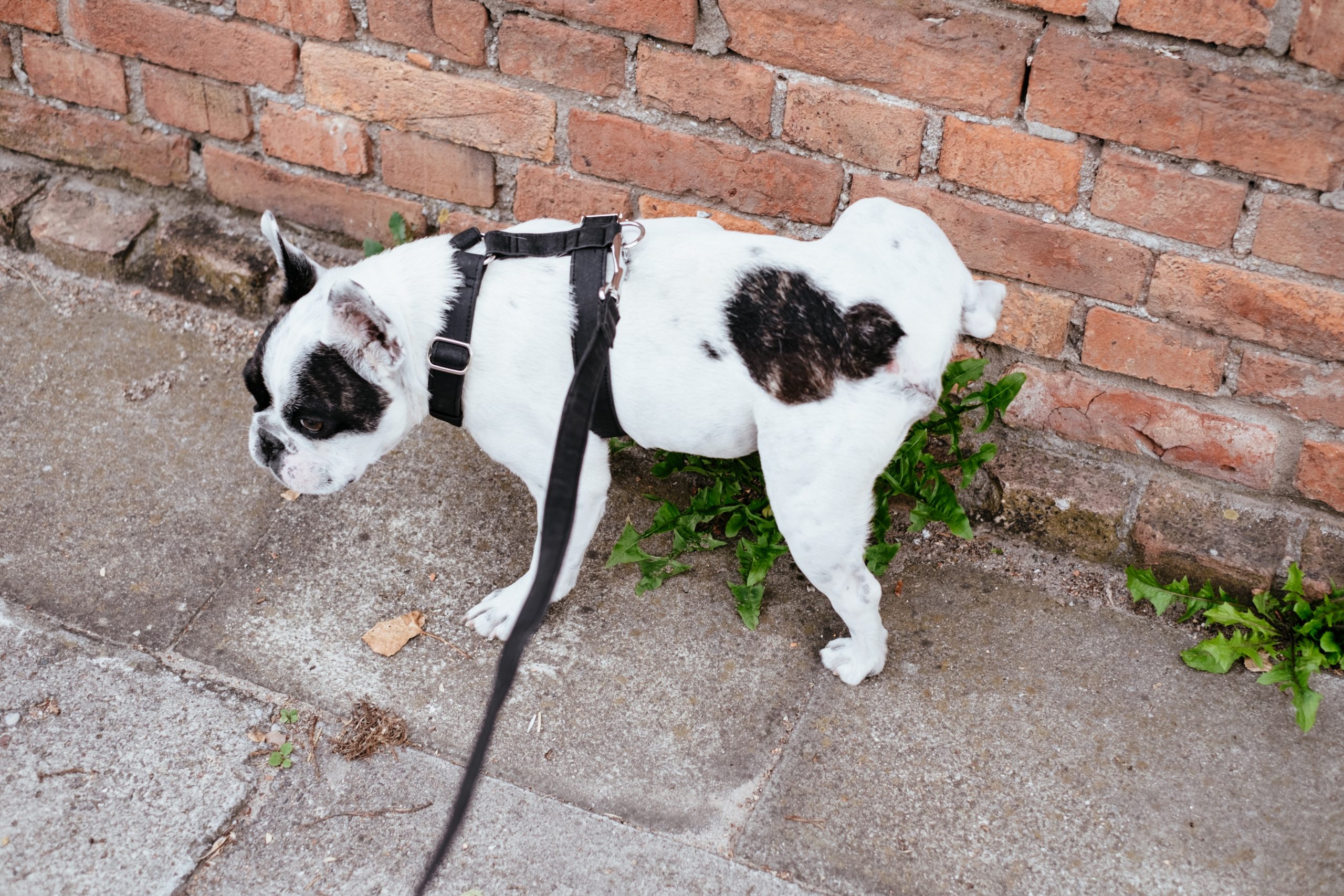

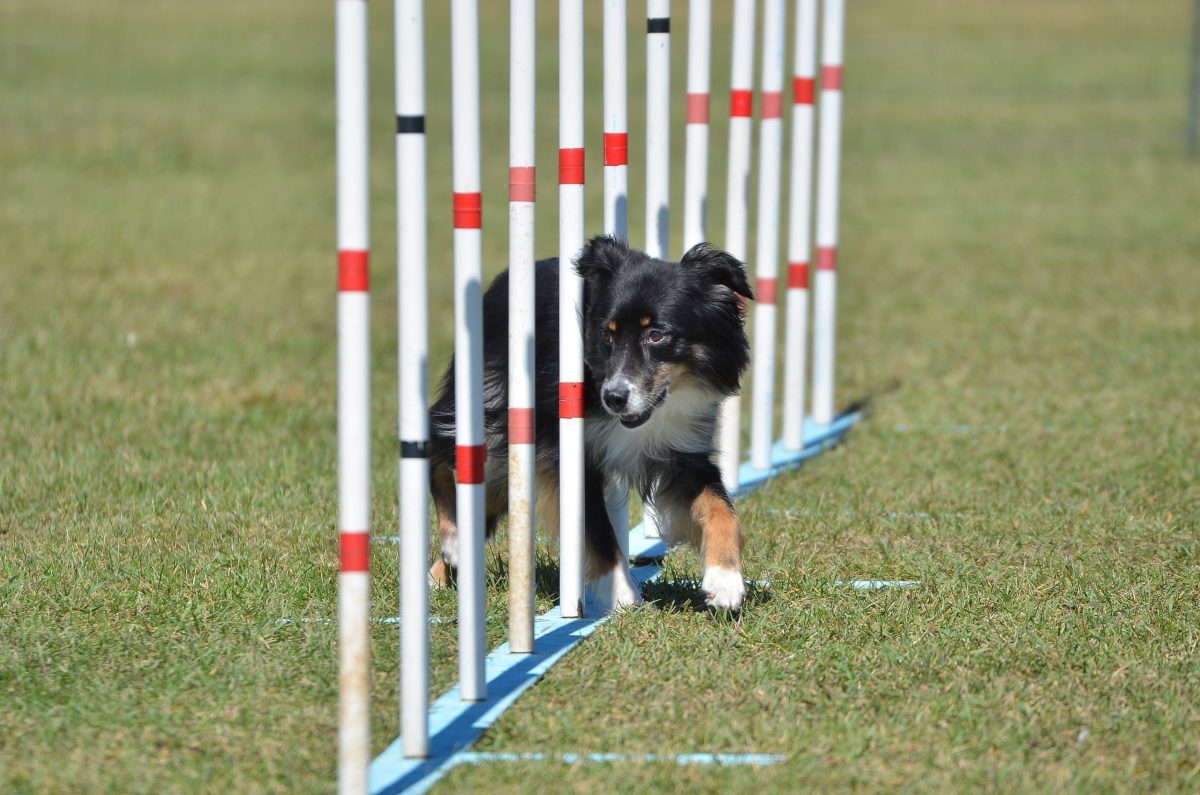



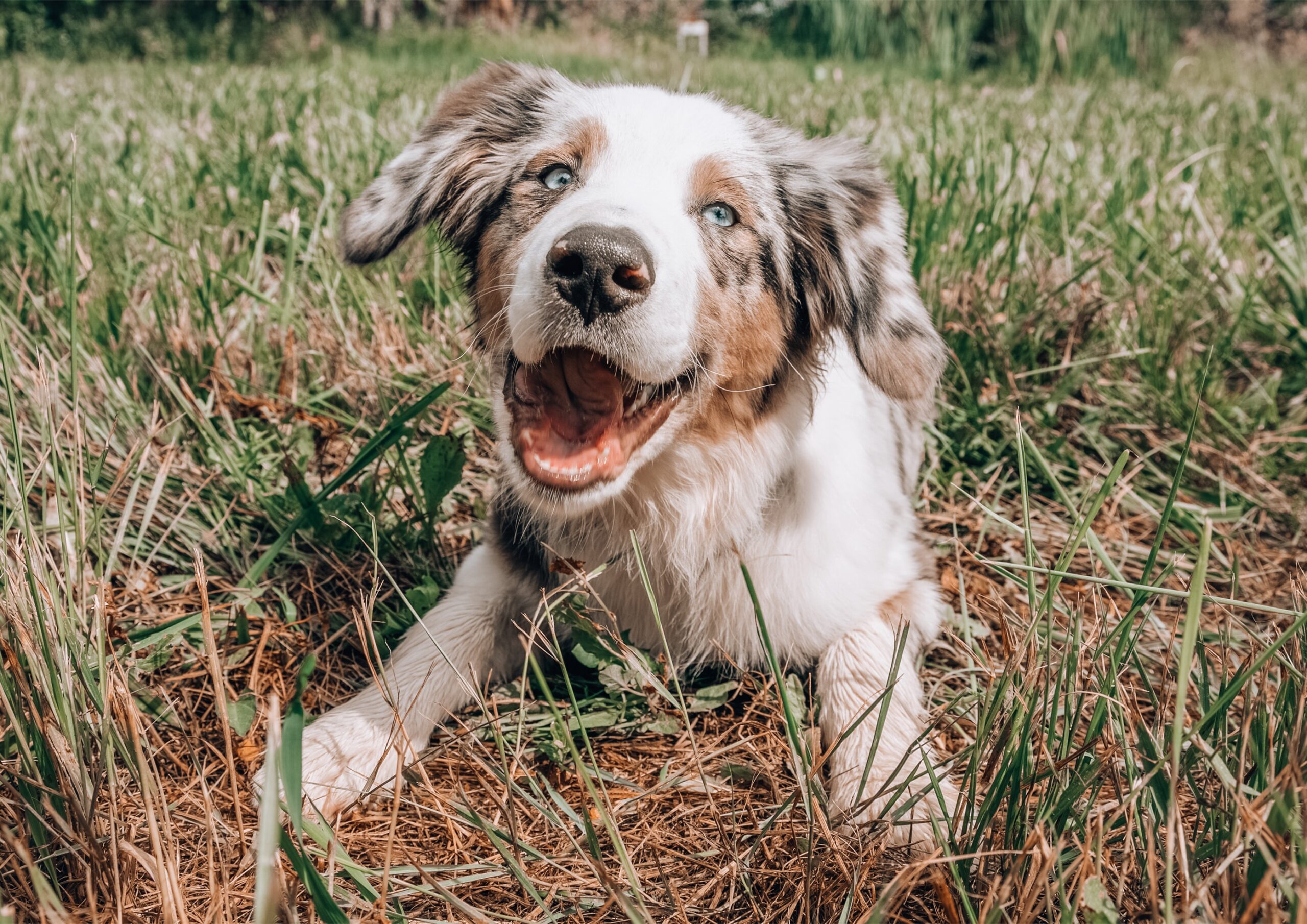

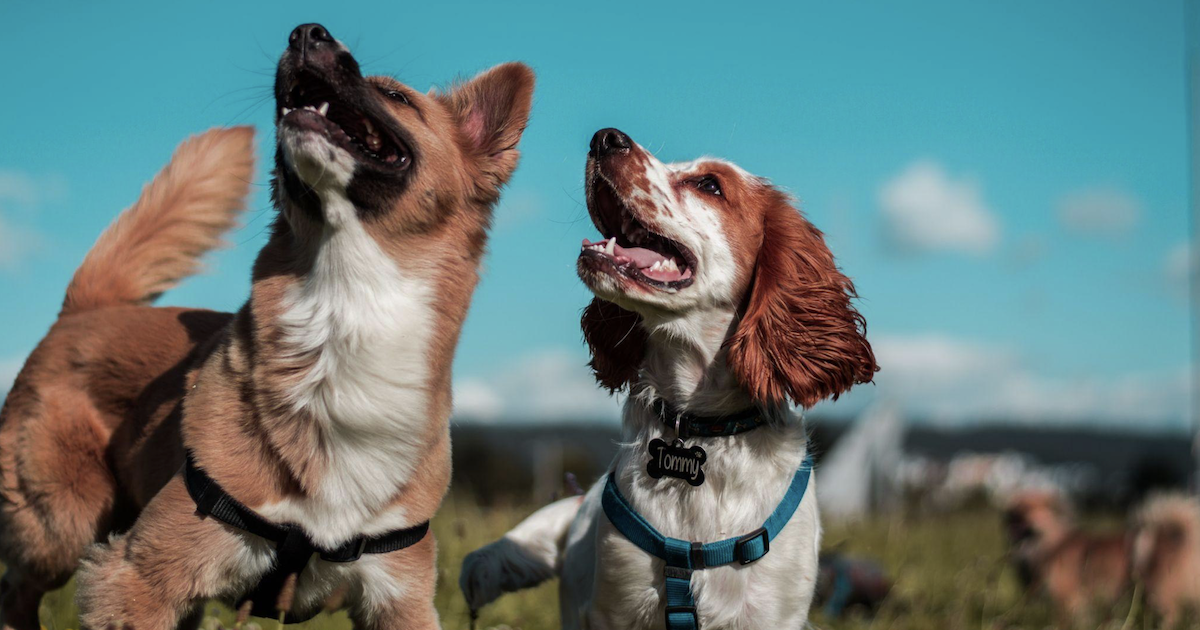


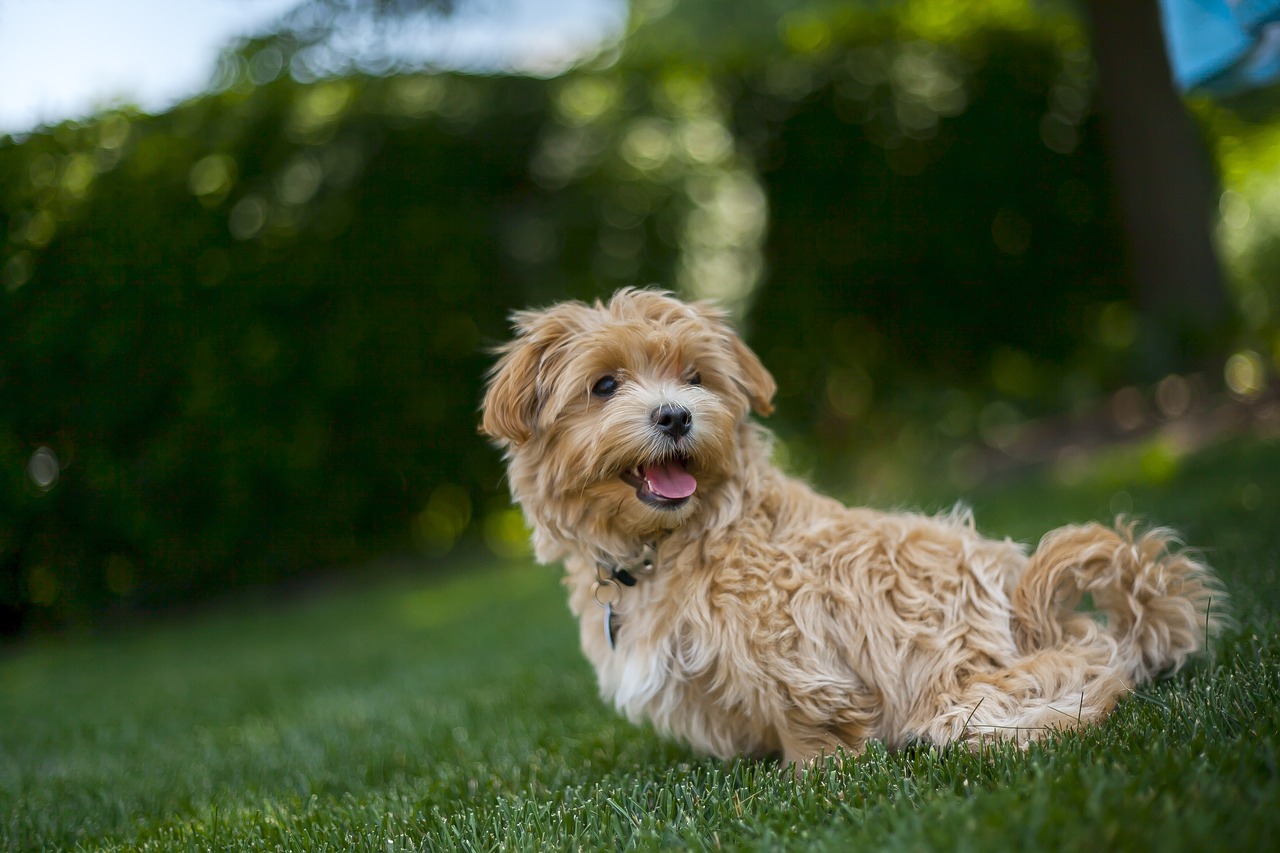

 English (US) ·
English (US) ·